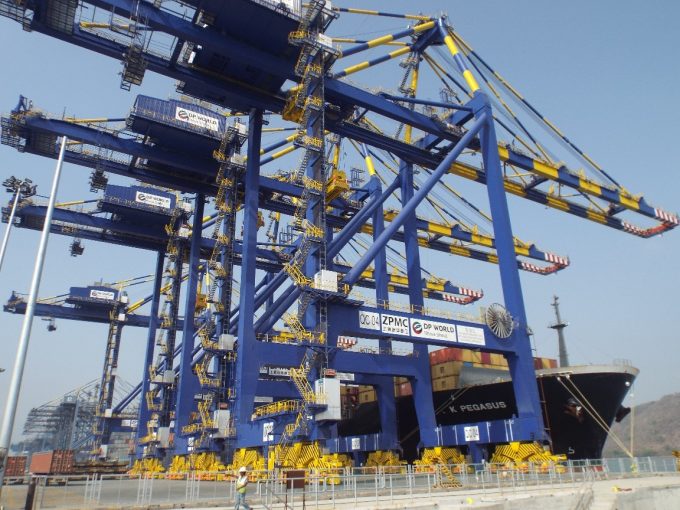BlackRock-MSC-Hutchison: 'Terminal Risk'
Marc Levinson writes on his website: Back in 2006, when he was considering a second run ...

With heightened service reliability challenges, MSC is increasingly concentrating Indian calls in Mundra Port, instead of multiple port calls that had become an industry strategy to maximise cargo volumes.
That consolidation has seen many sailings on MSC’s premier routings under its US East Coast and Europe networks skipping Nhava Sheva/Jawaharlal Nehru Port Trust (JNPT) in recent weeks.
In Mundra, MSC has an ’own-terminal advantage,’ enabling quicker vessel turnarounds bundled with predictable tariff benefits – a critical factor in the current dysfunctional scenario.
After ...
Transpacific sees first major MSC blanks as rates fall and volumes falter
'It’s healthy competition' Maersk tells forwarders bidding for same business
Opposition builds for final hearing on US plan to tax Chinese box ship calls
White House confirms automotive tariffs – 'a disaster for the industry'
New price hikes may slow ocean spot rate slide – but for how long?
Supply chain delays expected after earthquake hits Myanmar
Shippers snap up airfreight capacity to US ahead of tariff deadline
Good start for Gemini, liner schedule reliability data reveals

Comment on this article